When it comes to interior design, few styles evoke a sense of history and elegance quite like Colonial style. With its roots dating back to the 1600s, this decorating style combines elements of European sensibilities with the warmth of American craftsmanship. Having decorated my own home in this charming style, I’m excited to share my insights and tips for achieving that classic Colonial look.
Understanding Colonial Style
Before we dive into the specifics of decorating in Colonial style, it’s essential to understand its characteristics and evolution over the centuries.
The Historical Context
Colonial style emerged when European settlers brought their design aesthetics to the New World. Each region adopted different cultural influences, leading to a rich tapestry of styles that includes:
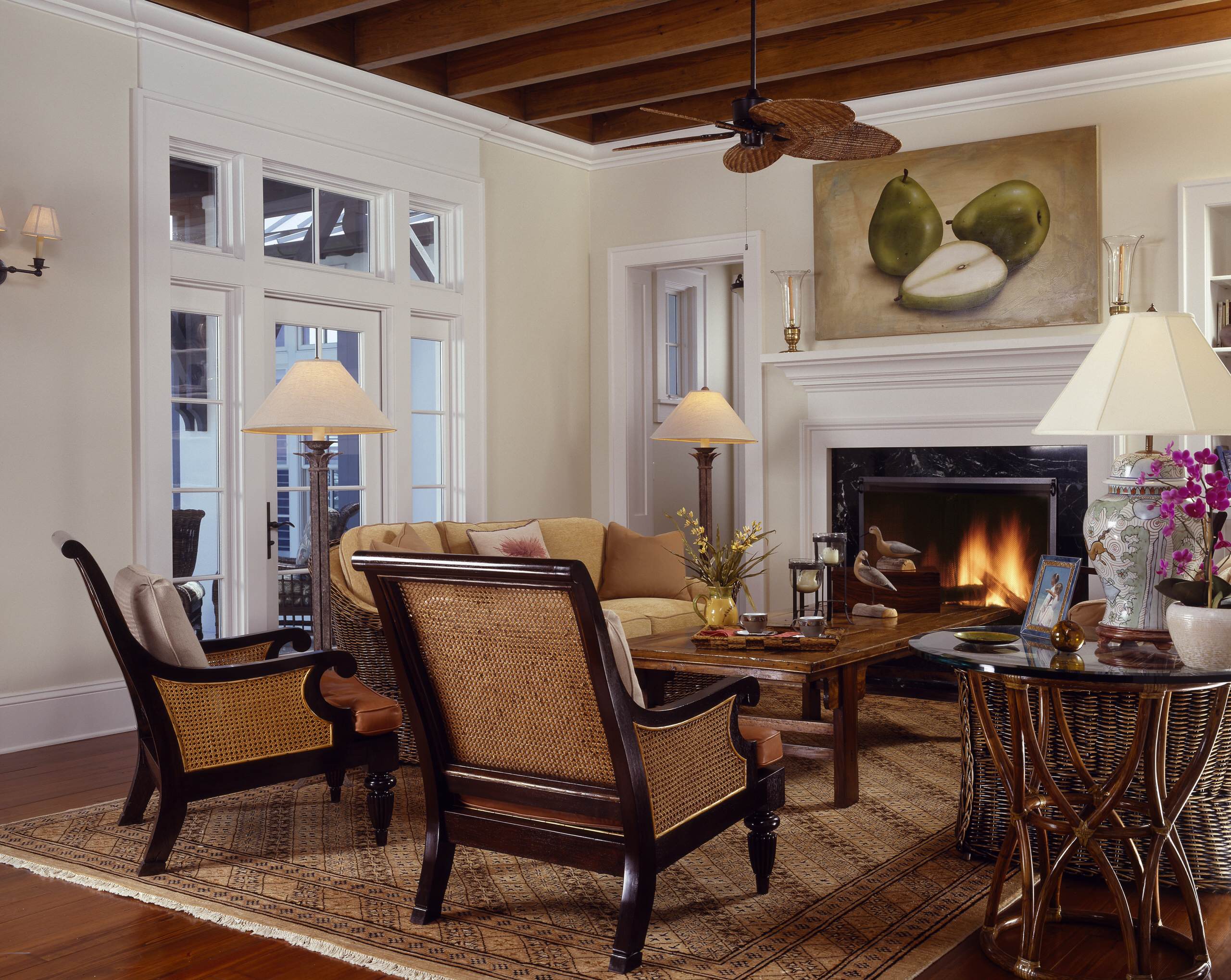
- Early American: Inspired by English, Dutch, and French settlers.
- Georgian: Characterized by symmetry and classic proportions.
- Federal: A more refined style with influences from the Roman and Greek architecture.
Key Features of Colonial Style
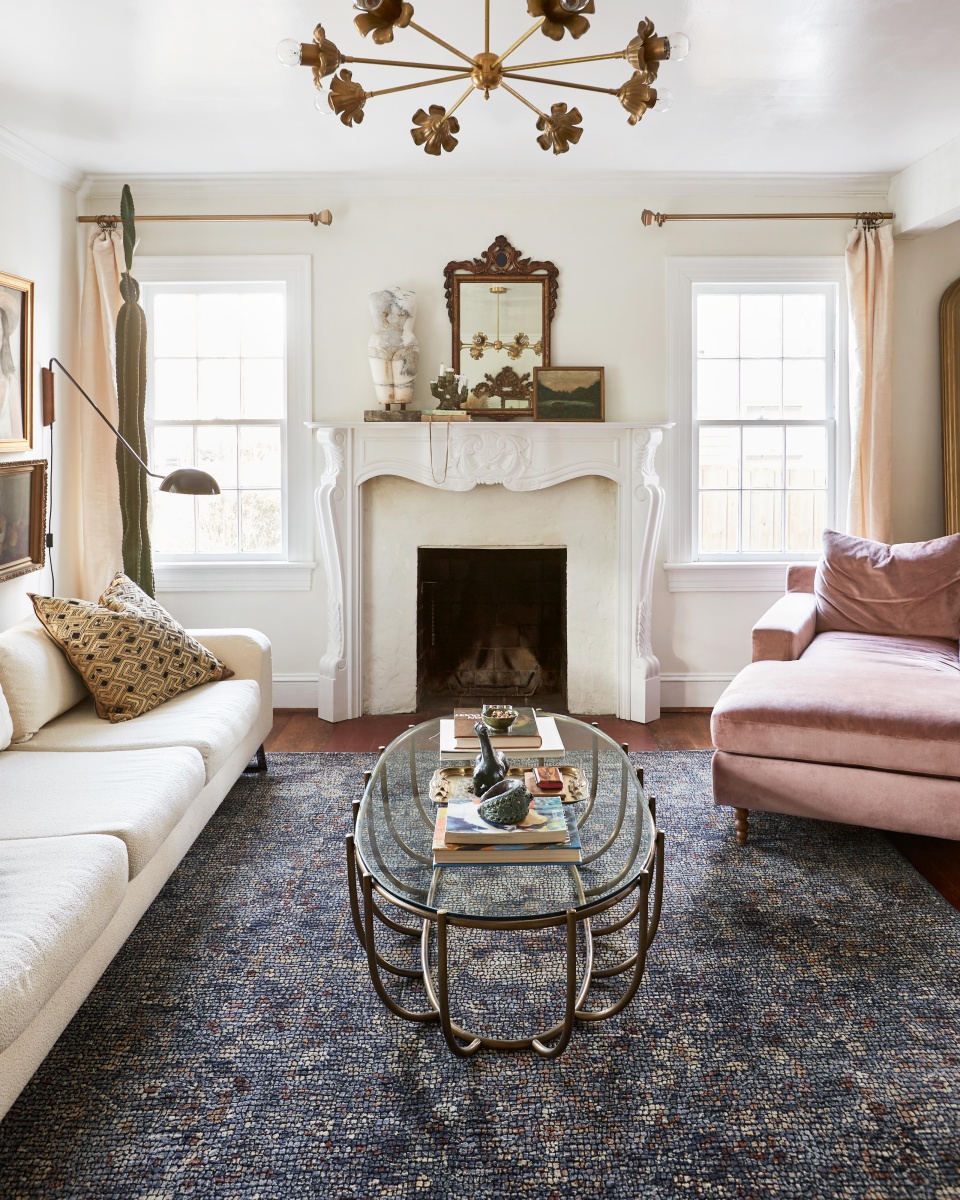
Colonial decor commonly features:
- Natural materials such as wood and stone
- A warm, muted color palette
- Symmetrical arrangements
- Traditional furniture with ornate details
- Textiles like wool, cotton, and linen
Colonial Color Schemes
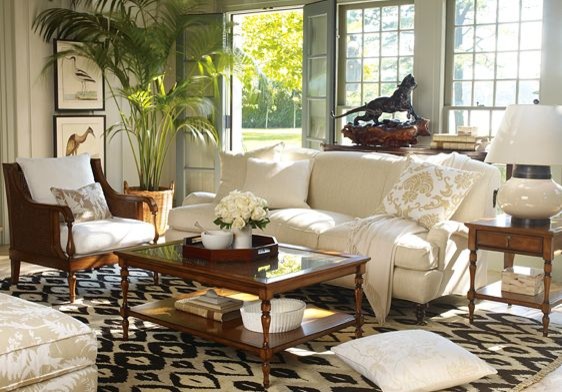
Choosing the right color palette is crucial for creating an authentic Colonial look. Here are some popular Colonial color schemes that you can consider:
Traditional Color Palette
| Color | Description | Hex Code |
|---|---|---|
| Colonial Blue | A deep, muted blue that evokes tranquility and heritage. | #3C4A88 |
| Warm Beige | A soft, neutral base that complements rustic elements. | #D7C4A1 |
| Rustic Red | A rich red that adds warmth and an inviting feel. | #B03C30 |
| Forest Green | A deep green that brings the essence of nature indoors. | #2C3E50 |
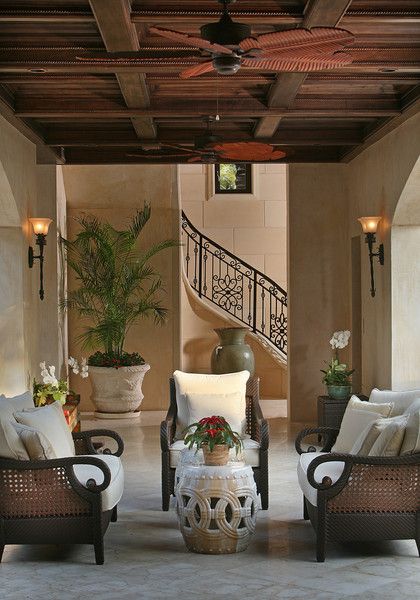
Accent Colors
Accent colors are vital for adding depth and interest to your Colonial decor. Consider:
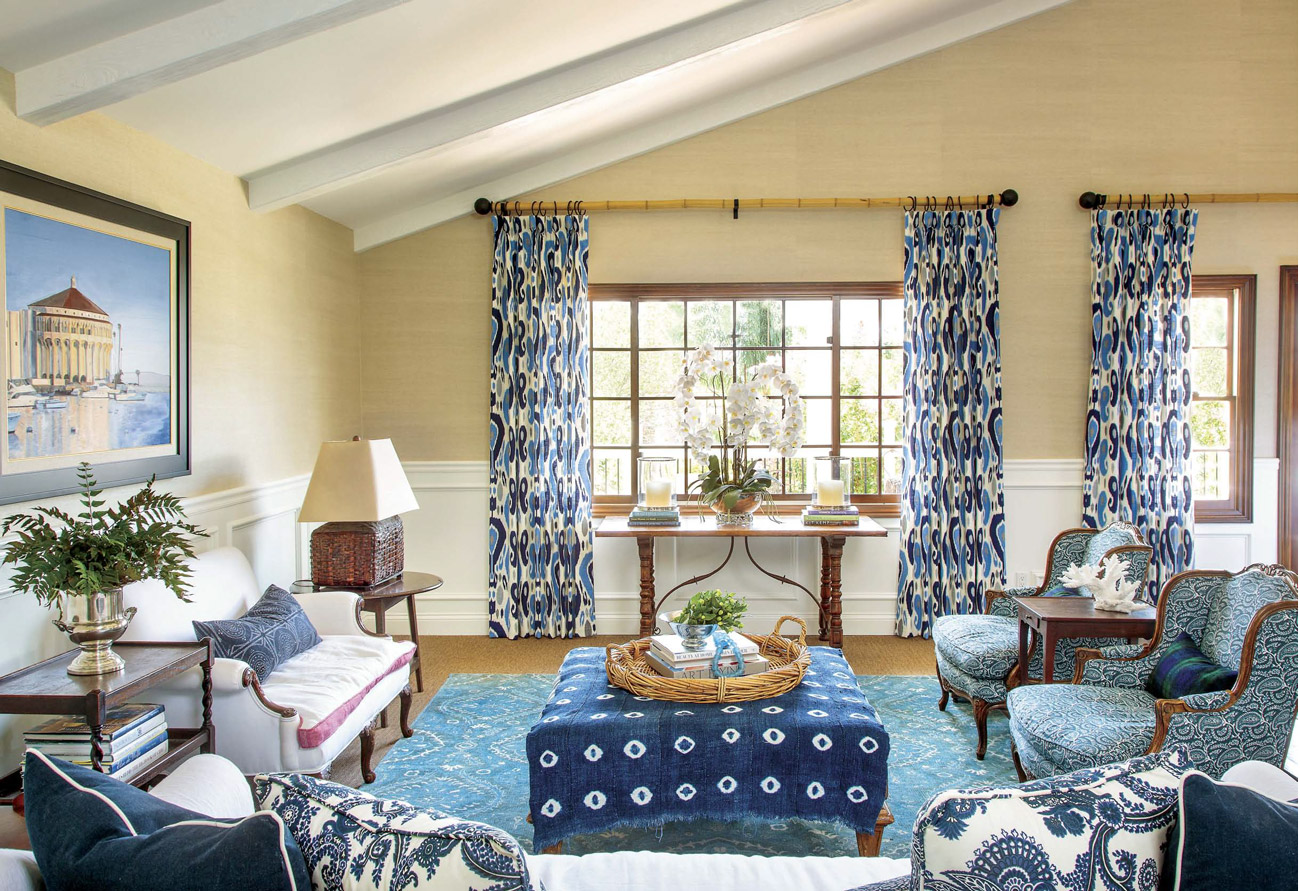
- Gold: For trims and light fixtures to add elegance.
- Soft Cream: As an accent to brighten rooms.
- Dark Brown: For furniture and structural elements to showcase craftsmanship.
Choosing the Right Furniture
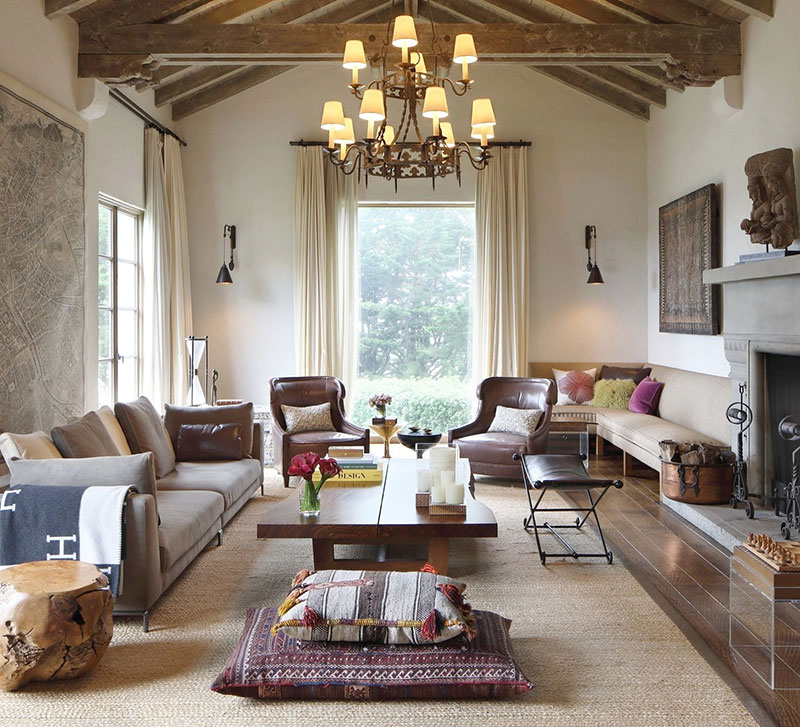
Furniture in Colonial decor is typically handmade and features traditional craftsmanship. Below are some key pieces you might incorporate:
Essential Colonial Furniture Pieces
- Wingback Chairs: Perfect for creating cozy reading nooks.
- Farmhouse Tables: Ideal for dining areas with an inviting feel.
- Chest of Drawers: Practical yet stylish storage solutions.
- Buffets: Excellent for displaying china and serving meals.
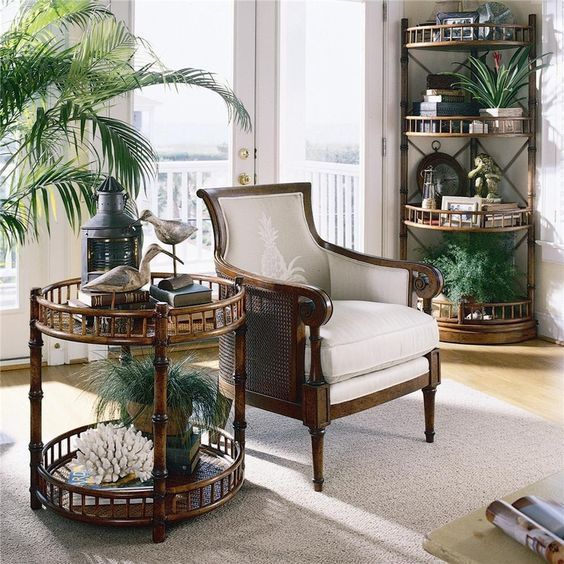
Materials to Consider
Wood Types
Common woods used in Colonial style furniture include:
- Maple: Known for its durability and smooth finish.
- Oak: Sturdy and traditional with beautiful grain.
- Pine: Often used for more rustic pieces.
Textiles
Incorporate rich textiles through upholstery and curtains. Look for:
- Wool: Ideal for rugs and throws.
- Linen: Perfect for light, airy curtains.
- Cotton: Great for cushions and bedding.
Decorative Accents: Adding Personality
While the furniture sets the tone, decorative accents bring personality and warmth to your Colonial space.
Art and Wall Decor
Colonial style often includes:
- Framed Historical Prints: Illustrate your love for history.
- Quilts and Tapestries: Hang these on walls for visual interest.
- Antique Mirrors: Use to make spaces feel larger and more inviting.
Lighting Choices
Lighting plays a significant role in Colonial decor. Consider using:
- Candle Holders: For authenticity and ambiance.
- Pendant Lights: Choose designs that reflect traditional craftsmanship.
- Chandeliers: Opt for wrought iron or wood for a classic look.
Creating the Perfect Colonial Space
To effectively employ Colonial decor, consider the layout and flow of your space. Here are some tips:
Room-by-Room Guide
Living Room
In your living room, focus on creating a cozy yet formal environment. Consider:
- Arrange furniture to stimulate conversation.
- Add a large area rug to ground the space.
- Incorporate a fireplace as a focal point if possible.
Dining Room
For the dining room, aim for an inviting yet elegant atmosphere:
- Use a large, sturdy table with complementary chairs.
- Decorate the table with seasonal centerpieces.
- Choose a sideboard or buffet for extra storage.
Bedroom
In the master bedroom, consider these elements:
- Opt for a four-poster bed for a dramatic effect.
- Use layered textiles for a cozy bed.
- Add personal touches with family heirlooms.
Pros and Cons of Colonial Style Decor
Pros
- Timeless elegance that never goes out of style.
- High-quality materials lead to durability.
- Warm, inviting atmosphere ideal for families and gatherings.
Cons
- Can be expensive if using authentic pieces.
- Requires careful curation to avoid clutter.
- May feel formal and less casual compared to modern styles.
FAQs About Colonial Style Decorating
What is Colonial style decor?
Colonial style decor is characterized by its historical roots and traditional craftsmanship, incorporating elements from European settlers in America, with a focus on functionality and warmth.
How can I incorporate Colonial style in a modern home?
Blend contemporary elements with Colonial pieces by using muted colors, classic furniture, and traditional decor accents while maintaining an open layout for modern flow.
What’s the best way to achieve a Colonial color scheme?
Start with a warm neutral base, then layer in muted blues, greens, and reds, and finish with accent colors in textiles and artwork.
Is Colonial style suitable for small spaces?
Yes, by selecting multi-functional furniture and implementing light color palettes, Colonial style can work beautifully in smaller spaces while maintaining a cozy feel.
Conclusion: Embracing Colonial Style in Your Home
Decorating with Colonial style not only transforms your space but also connects you to a rich history of craftsmanship and tradition. By carefully selecting your color schemes, furniture, and decor, you can create a home that feels both timeless and inviting. Whether you’re a seasoned decorator or a newcomer to the world of interior design, the charm of Colonial decor has something to offer everyone. Happy decorating!